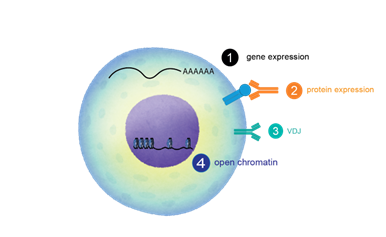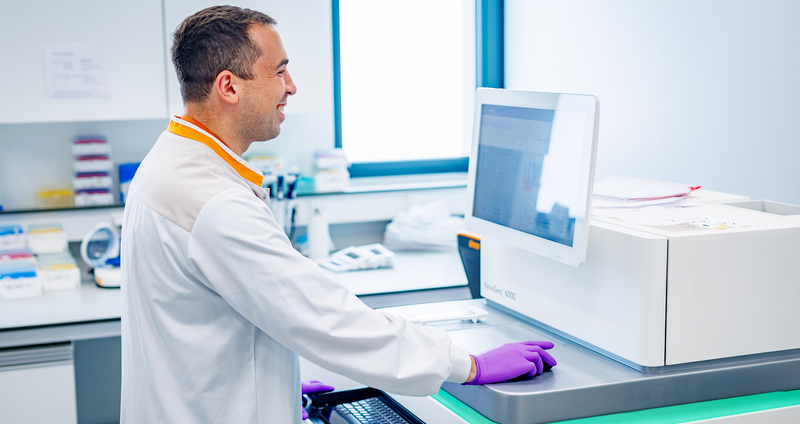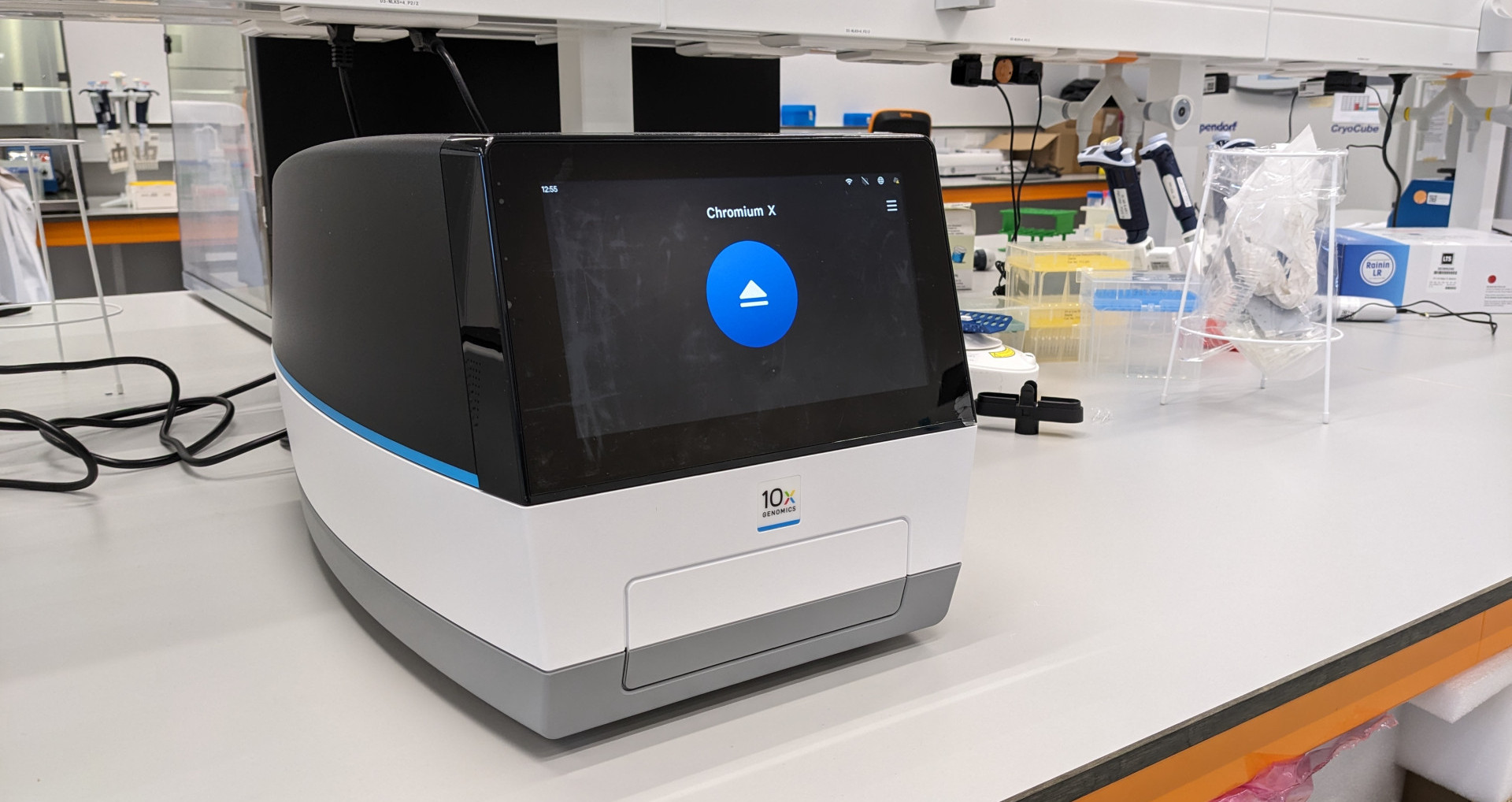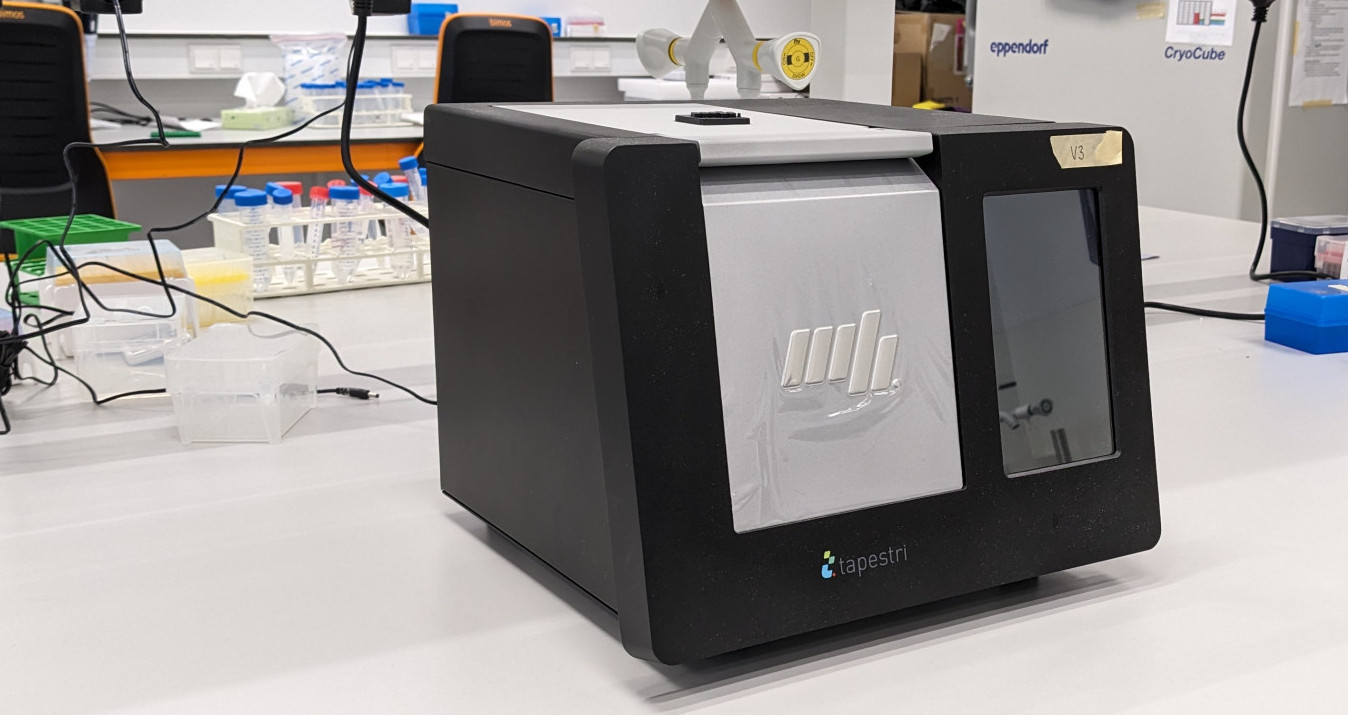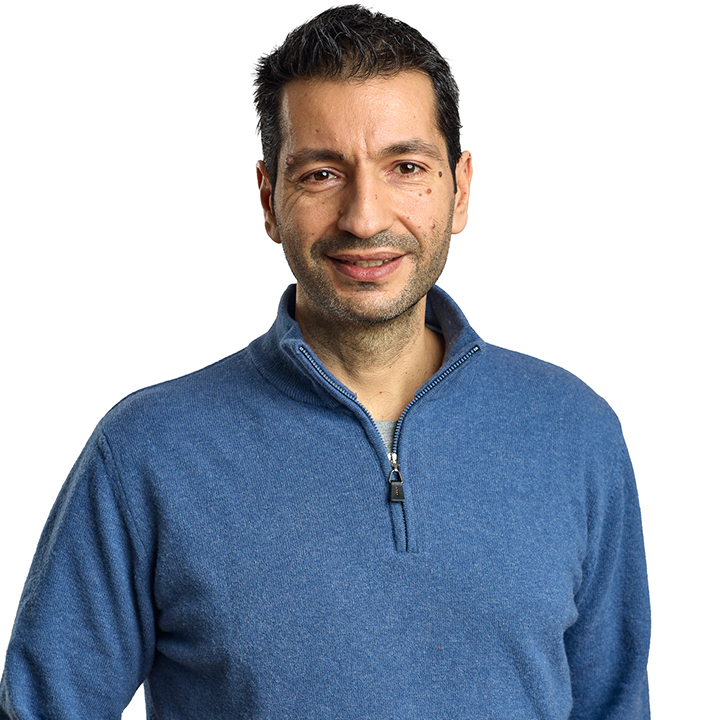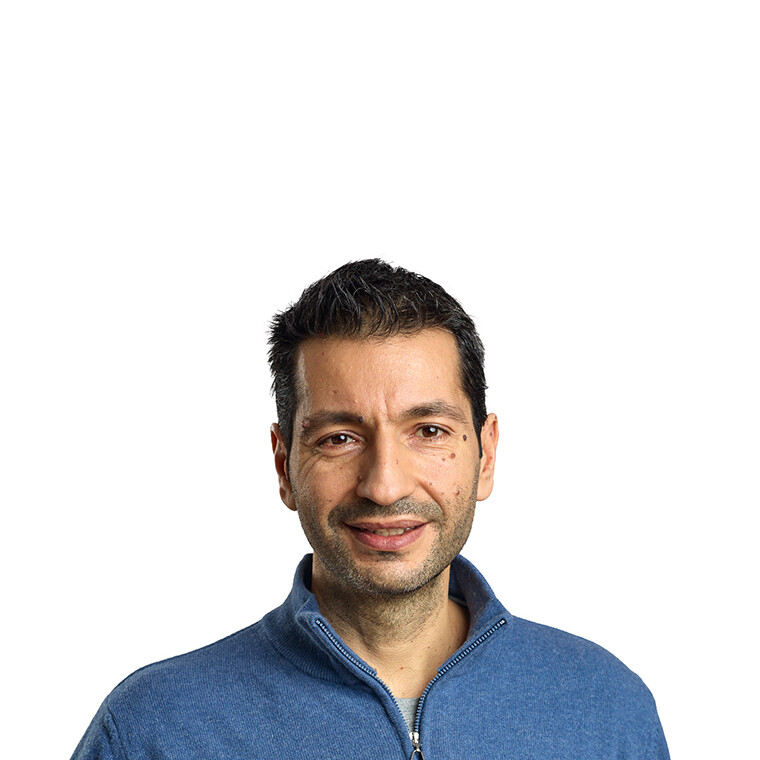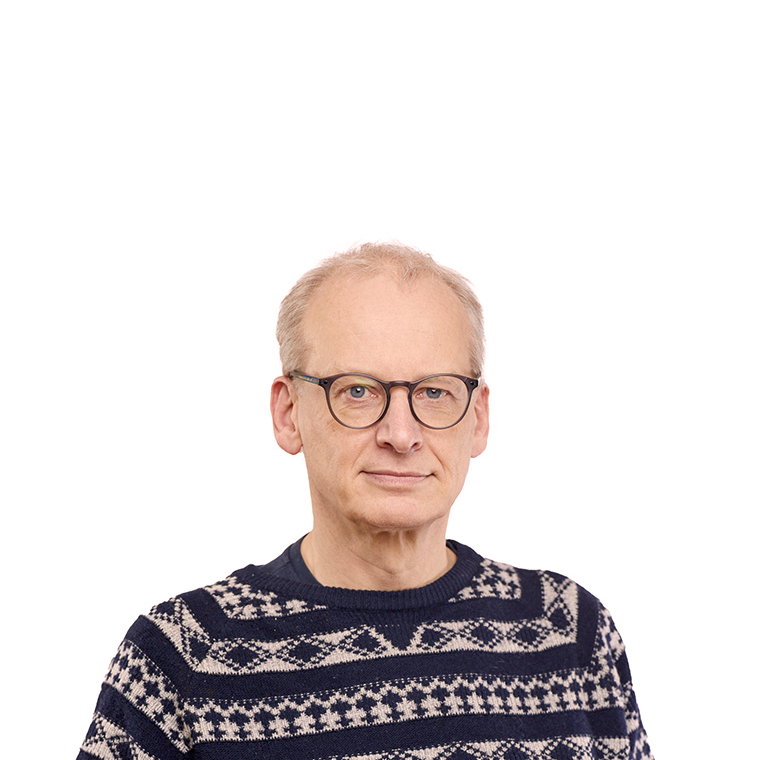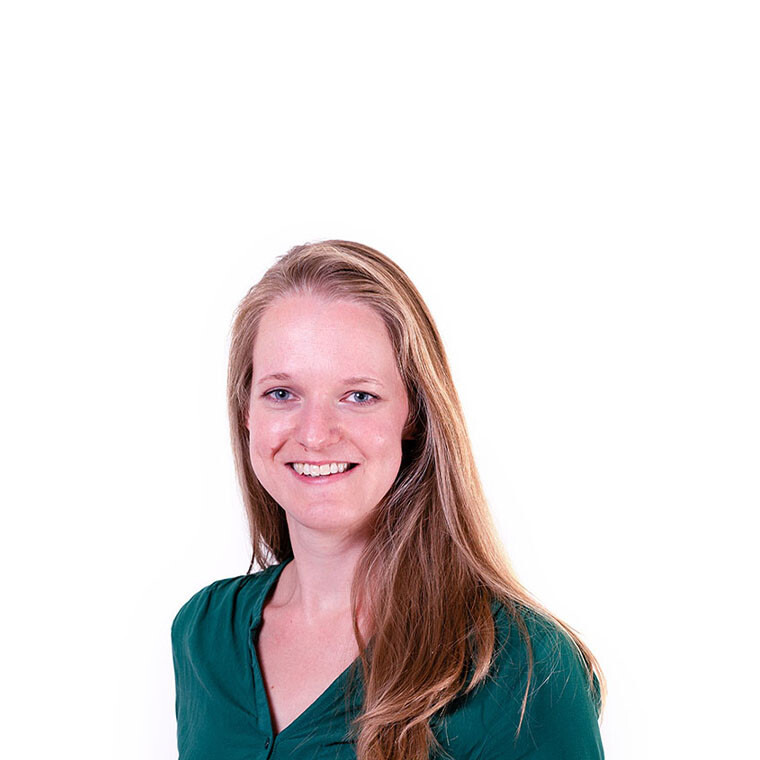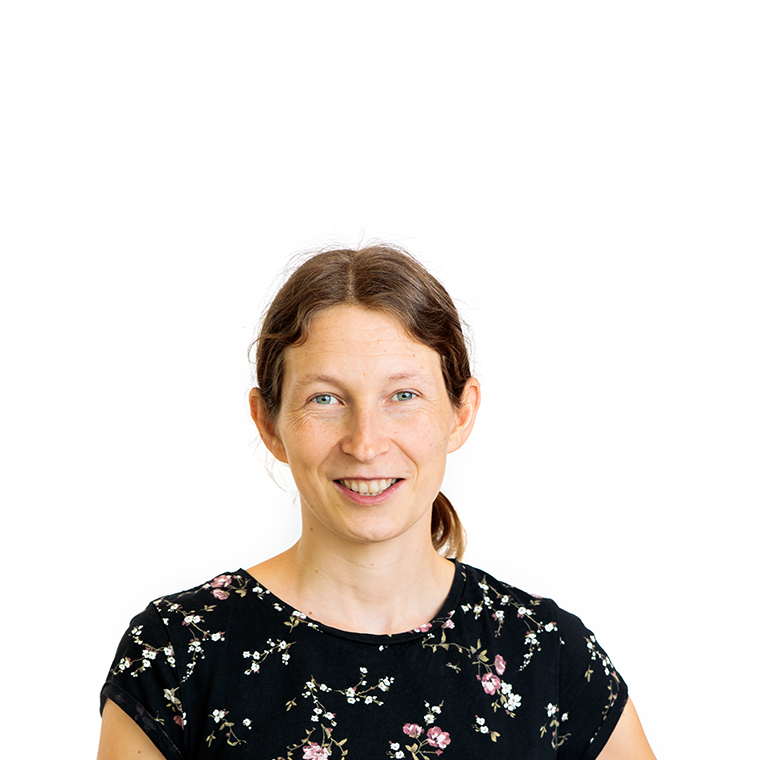2024
Kluiver TA, Lu Y, Schubert SA, Kraaier LJ, Ringnalda F, Lijnzaad P, DeMartino J, Megchelenbrink WL, Amo-Addae V, Eising S, de Faria FW, Münter DJ, van de Wetering M, Kerl K, Duiker E, van den Heuvel M, de Meijer VE, de Kleine RH, de Krijger RR, Molenaar JJ, Margaritis T, Stunnenberg H, Zsiros J, Clevers H, Peng WC. (2023) Multi-dimensional profiling of hepatoblastomas and patient-derived tumor organoids uncovers tumor subpopulations with divergent WNT activation profiles and identifies pan-hepatoblastoma drug sensitivities. - bioRxiv https://doi.org/10.1101/2023.08.28.554783
Ganpat MMP, Morales-Rodriguez F, Pham N, Lijnzaad P, de Souza T, Derakshan S, Fumagalli A, Zeller P, Balwierz A, Ayyildiz D, van den Heuvel-Eibrink MM, de Krijger RR, Oudenaarden A, Margaritis T, Chuva de Sousa Lopes SM, Drost J. (2024) An engineered tumor organoid model reveals cellular identity and signaling trajectories underlying translocation RCC. - bioRxiv https://doi.org/10.1101/2023.09.01.554626
Hendriks D, Pagliaro A, Andreatta F, Ma Z, van Giessen J, Massalini S, López-Iglesias C, van Son GJF, DeMartino J, Damen JMA, Zoutendijk I, Staliarova N, Bredenoord AL, Holstege FCP, Peters PJ, Margaritis T, Chuva de Sousa Lopes S, Wu W, Clevers H, Artegiani B. (2024) Human fetal brain self-organizes into long-term expanding organoids. Cell. S0092-8674(23)01344-2. https://doi.org/10.1016/j.cell.2023.12.012. PMID: 38194967
Wienke J, Visser LL, Kholosy WM, Keller KM, Barisa M, Munnings-Tomes S, Carlton E, Poon E, Rodriguez A, Bernardi R, Van den Ham F, Van Hooff SR, Matser YAH, Tas M, Langenberg KPS, Lijnzaad P, Strijker JGM, Sanchez-Bernabeu A, Cornel AM, Holstege FCP, Gray JC, Tytgat LAM, De Krijger R, Scheijde-Vermeulen MA, Wijnen MHWA, Dierselhuis MP, Straathof K, Behjati S, Wu W, Heck AJR, Koster J, Nierkens S, Chesler L, Anderson J, Caron HN, Margaritis T, Van Noesel MM, Molenaar JJ. (2024) Integrative analysis of neuroblastoma by single‐cell RNA sequencing identifies the NECTIN2‐TIGIT axis as a target for immunotherapy. Cancer Cell. S1535-6108(23)00436-1. https://doi.org/X 10.1016/j.ccell.2023.12.008. PMID:38181797
2023
Liu NQ, Paassen I, Custers L, Zeller P, Teunissen H, Ayyildiz D, He J, Buhl JL, Hoving EW, van Oudenaarden A, de Wit E, Drost J. (2023) SMARCB1 loss activates patient-specific distal oncogenic enhancers in malignant rhabdoid tumors. Nat Commun. 14(1):7762. https://doi.org/10.1038/s41467-023-43498-3. PMID:38040699
Lin L, DeMartino J, Wang D, van Son GJF, van der Linden R, Begthel H, Korving J, Andersson-Rolf A, van den Brink S, Lopez-Iglesias C, van de Wetering WJ, Balwierz A, Margaritis T, van de Wetering M, Peters PJ, Drost J, van Es JH, Clevers H. (2023) Unbiased transcription factor CRISPR screen identifies ZNF800 as master repressor of enteroendocrine differentiation. Science. 382(6669):451-458. https://doi.org/10.1126/science.adi2246. PMID:37883554
Visser LL, Bleijs M, Margaritis T, van de Wetering M, Holstege FCP, Clevers H. (2023) Ewing Sarcoma Single-cell Transcriptome Analysis Reveals Functionally Impaired Antigen-presenting Cells. Cancer Res Commun. 3(10):2158-2169. https://doi.org/10.1158/2767-9764.CRC-23-0027. PMID:37823774
DeMartino J*, Meister MT*, Visser LL*, Brok M, Groot Koerkamp MJA, Hiemcke-Jiwa LS, de Souza T, Merks J, Holstege FCP, Margaritis T*, Drost J*. (2023) Single-cell transcriptomics reveals immune suppression and cell states predictive of patient outcomes in rhabdomyosarcoma. Nat Commun. (in press)
Tomasso T, Koopmans T, Lijnzaad P, Bartscherer K, Seifert AW. (2023) An ERK-dependent molecular switch antagonizes fibrosis and promotes regeneration in spiny mice (Acomys). Sci Adv. 28, 9. https://doi.org/10.1126/sciadv.adf2331 PMID:37126559
Dekkers JF, Alieva M, Cleven A, Keramati F, Wezenaar AKL, van Vliet EJ, Puschhof J, Brazda P, Johanna I, Meringa AD, Rebel HG, Buchholz MB, Barrera Román M, Zeeman AL, de Blank S, Fasci D, Geurts MH, Cornel AM, Driehuis E, Millen R, Straetemans T, Nicolasen MJT, Aarts-Riemens T, Ariese HCR, Johnson HR, van Ineveld RL, Karaiskaki F, Kopper O, Bar-Ephraim YE, Kretzschmar K, Eggermont AMM, Nierkens S, Wehrens EJ, Stunnenberg HG, Clevers H, Kuball J, Sebestyen Z, Rios AC., (2023) Uncovering the mode of action of engineered T cells in patient cancer organoids. Nature Biotechnology. 41, 60-69. https://doi.org/ 10.1038/s41587-022-01397-w PMID:35879361
2022
He GW, Lin L, DeMartino J, Zheng X, Staliarova N, Dayton T, Begthel H, van de Wetering WJ, Bodewes E, van Zon J, Tans S, Lopez-Iglesias C, Peters PJ, Wu W, Kotlarz D, Klein C, Margaritis T, Holstege F, Clevers H., (2022) Optimized human intestinal organoid model reveals interleukin-22-dependency of paneth cell formation. Cell Stem Cell. 29, 1333-1345.e6. https://doi.org/10.1016/j.stem.2022.08.002 PMID:36002022
de Kanter JK, Margaritis T, Beishuizen A, Scheijde-Vermeulen M, Westera L, Brandsma AM, van Boxtel R, Meyer-Wentrup F. (2022) Abstract A37: Single-cell RNA sequencing reveals that childhood classical Hodgkin Lymphoma resembles normal inflammation except for T cell exhaustion. Blood Cancer Discovery. https://doi.org/10.1158/2643-3249.LYMPHOMA22-A37
Morris, V., Wang, D., Li, Z., Marion, W., Hughes, T., Sousa, P., Harada, T., Sui, S.H., Naumenko, S., Kalfon, J., Sensharma, P., Falchetti, M., Vinicius da Silva, R., Candelli, T., Schneider, P., Margaritis, T., Holstege, F.C.P., Pikman, Y., Harris, M., Stam, R.W., Orkin, S.H., Koehler, A.N., Shalek, A.K., North, T.E., Pimkin, M., Daley, G.Q., Lummertz da Rocha, E., Rowe, R.G., (2022). Hypoxic, glycolytic metabolism is a vulnerability of B-acute lymphoblastic leukemia-initiating cells. Cell Reports. 39, 110752. https://doi.org/10.1016/j.celrep.2022.110752 PMID: 35476984
Wienke J, Visser LL, Kholosy WM, Keller KM, Barisa M, Munnings-Tomes S, Carlton E, Poon E, Rodriguez A, Bernardi R, Van den Ham F, Van Hooff SR, Matser YAH, Tas M, Langenberg KPS, Lijnzaad P, Strijker JGM, Sanchez-Bernabeu A, Cornel AM, Holstege FCP, Gray JC, Tytgat LAM, De Krijger R, Scheijde-Vermeulen MA, Wijnen MHWA, Dierselhuis MP, Straathof K, Behjati S, Wu W, Heck AJR, Koster J, Nierkens S, Chesler L, Anderson J, Caron HN, Margaritis T, Van Noesel MM, Molenaar JJ. (2022) Integrative analysis of neuroblastoma by single‐cell RNA sequencing identifies the NECTIN2‐TIGIT axis as a target for immunotherapy. bioRxiv. https://doi.org/10.1101/2022.07.15.499859
2021
Hanemaaijer, E.S.*, Margaritis, T.*, Sanders, K., Bos, F.L., Candelli, T., Al-Saati, H., van Noesel, M.M., Meyer-Wentrup, F.A.G., van de Wetering, M., Holstege, F.C.P., Clevers, H., (2021). Single-cell atlas of developing murine adrenal gland reveals relation of Schwann cell precursor signature to neuroblastoma phenotype. Proc Natl Acad Sci USA. 118, e2022350118. https://doi.org/10.1073/pnas.2022350118 PMID: 33500353
van Ineveld, R.L.*, Margaritis, T.*, Kooiman, B.A.P., Groenveld, F., Ariese, H.C.R., Lijnzaad, P., Johnson, H.R., Korving, J., Wehrens, E.J., Holstege, F., van Rheenen, J., Drost, J., Rios, A.C., Bos, F.L., (2021). LGR6 marks nephron progenitor cells. Dev Dyn. 250, 1568–1583. https://doi.org/10.1002/dvdy.346 PMID: 33848015
Kildisiute, G., Kholosy, W.M., Young, M.D., Roberts, K., Elmentaite, R., Hooff, S.R. van, Pacyna, C.N., Khabirova, E., Piapi, A., Thevanesan, C., Bugallo-Blanco, E., Burke, C., Mamanova, L., Keller, K.M., Langenberg-Ververgaert, K.P.S., Lijnzaad, P., Margaritis, T., Holstege, F.C.P., Tas, M.L., Wijnen, M.H.W.A., Noesel, M.M. van, Valle, I. del, Barone, G., Linden, R. van der, Duncan, C., Anderson, J., Achermann, J.C., Haniffa, M., Teichmann, S.A., Rampling, D., Sebire, N.J., He, X., Krijger, R.R. de, Barker, R.A., Meyer, K.B., Bayraktar, O., Straathof, K., Molenaar, J.J., Behjati, S., (2021). Tumor to normal single-cell mRNA comparisons reveal a pan-neuroblastoma cancer cell. Science Advances. 7, eabd3311. https://doi.org/10.1126/sciadv.abd3311 PMID: 33547074
Young, M.D., Mitchell, T.J., Custers, L., Margaritis, T., Morales-Rodriguez, F., Kwakwa, K., Khabirova, E., Kildisiute, G., Oliver, T.R.W., de Krijger, R.R., van den Heuvel-Eibrink, M.M., Comitani, F., Piapi, A., Bugallo-Blanco, E., Thevanesan, C., Burke, C., Prigmore, E., Ambridge, K., Roberts, K., Braga, F.A.V., Coorens, T.H.H., Del Valle, I., Wilbrey-Clark, A., Mamanova, L., Stewart, G.D., Gnanapragasam, V.J., Rampling, D., Sebire, N., Coleman, N., Hook, L., Warren, A., Haniffa, M., Kool, M., Pfister, S.M., Achermann, J.C., He, X., Barker, R.A., Shlien, A., Bayraktar, O.A., Teichmann, S.A., Holstege, F.C., Meyer, K.B., Drost, J., Straathof, K., Behjati, S., (2021). Single cell derived mRNA signals across human kidney tumors. Nat Commun. 12, 3896. https://doi.org/10.1038/s41467-021-23949-5 PMID: 34162837
2020
Calandrini C, Schutgens F, Oka R, Margaritis T, Candelli T, Mathijsen L, Ammerlaan C, van Ineveld RL, Derakhshan S, de Haan S, Dolman E, Lijnzaad P, Custers L, Begthel H, Kerstens HHD, Visser LL, Rookmaaker M, Verhaar M, Tytgat GAM, Kemmeren P, de Krijger RR, Al-Saadi R, Pritchard-Jones K, Kool M, Rios AC, van den Heuvel-Eibrink MM, Molenaar JJ, van Boxtel R, Holstege FCP, Clevers H, Drost J. An organoid biobank for childhood kidney cancers that captures disease and tissue heterogeneity. (2020) Nature Communications. 11;11(1):1310. PMID: 32161258
2019
de Kanter JK, Lijnzaad P, Candelli T, Margaritis T, Holstege FCP. CHETAH: a selective, hierarchical cell type identification method for single-cell RNA sequencing. (2019) Nucleic Acids Research. 47(16):e95. PMID: 31226206
Schutgens F, Rookmaaker MB, Margaritis T, Rios A, Ammerlaan C, Jansen J, Gijzen L, Vormann M, Vonk A, Viveen M, Yengej FY, Derakhshan S, de Winter-de Groot KM, Artegiani B, van Boxtel R, Cuppen E, Hendrickx APA, van den Heuvel-Eibrink MM, Heitzer E, Lanz H, Beekman J, Murk JL, Masereeuw R, Holstege F, Drost J, Verhaar MC, Clevers H. Tubuloids derived from human adult kidney and urine for personalized disease modeling. (2019) Nature Biotechnology. 37(3):303-313. PMID: 30833775
2018
Candelli T, Lijnzaad P, Muraro MJ, van Oudenaarden A, Margaritis T, Holstege F. Sharq, a Versatile Preprocessing and QC Pipeline for Single Cell RNA-Seq. (2018) BioRxiv. https://doi.org/10.1101/250811


